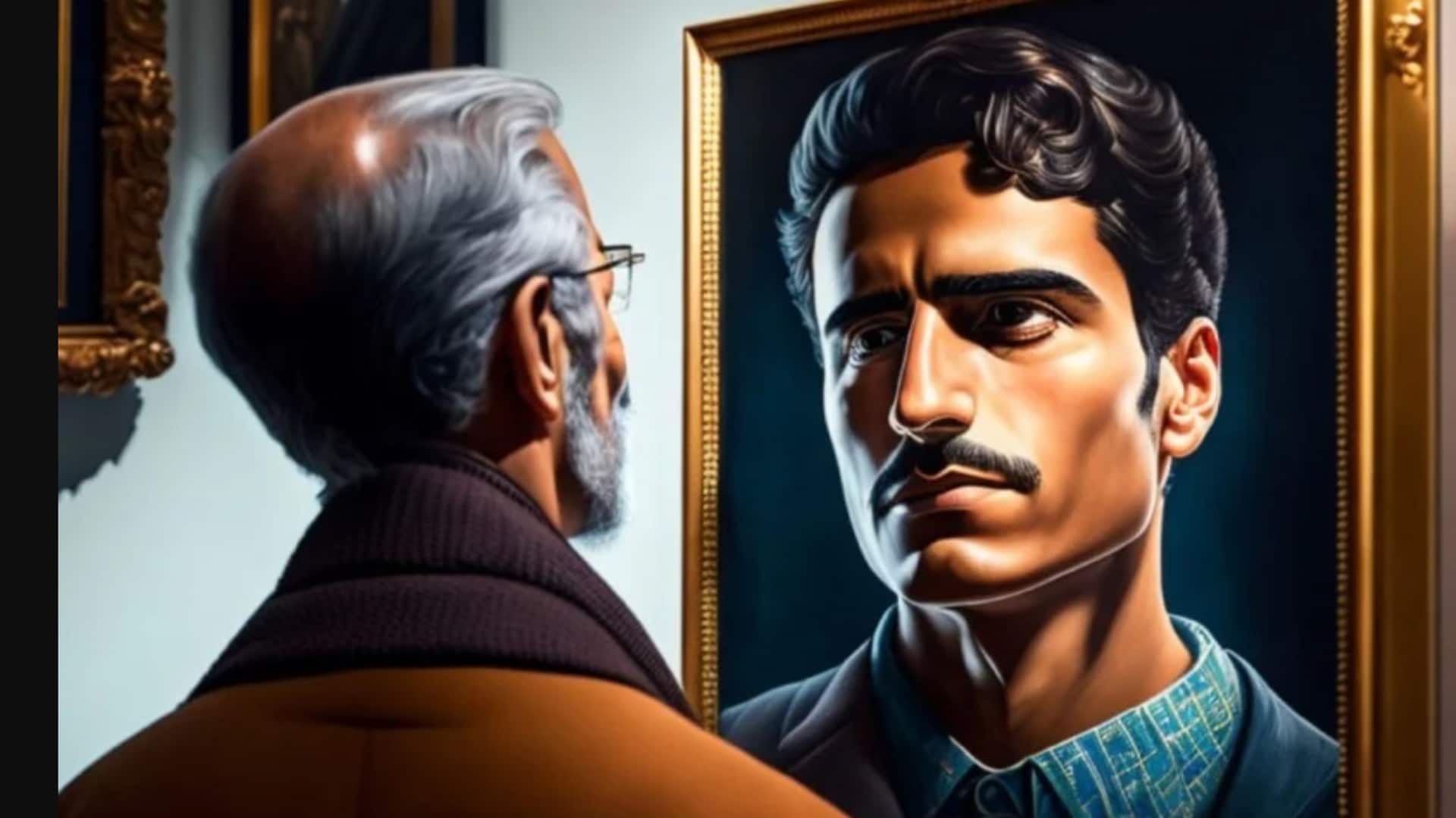
Artists claim significant victory in copyright lawsuit against AI companies
What's the story
A group of artists have claimed a significant victory in their class-action lawsuit against leading AI image generator companies. The legal battle is centered on the alleged unauthorized use of billions of artworks to train AI models and replicate styles without compensating the artists. On Monday, US District Judge William Orrick rejected key parts of motions to dismiss from Stability AI, Midjourney, Runway AI, and DeviantArt.
Discovery phase
Court permits artists to proceed with discovery
The court's decision allows artists to move forward with the discovery phase of their lawsuit. They allege that AI image generators, which use Stable Diffusion, are in violation of both the Copyright Act and the Lanham Act. The latter protects artists from commercial exploitation of their unique styles and names. Artist plaintiff Karla Ortiz expressed her satisfaction with the court's ruling on X, stating that it could potentially hold companies accountable for copyright infringement violations among other breaches.
Clarification required
Artists had to clarify their claims against AI companies
To reach this stage of the lawsuit, artists were required to clarify their allegations about how AI image generators allegedly use artists' images and mimic their styles. They needed to define terms like 'compressed copies' and provide supporting facts. The artists also had to explain that Stable Diffusion contains mathematical or statistical methods that can be executed through algorithms or instructions, in order to recreate the training images partially or entirely, for creating new output images.
Infringement
Court supports artists' copyright infringement claims
The artists argued that Stable Diffusion is significantly based on copyrighted works and its operation involves copying or using protected elements of those works. Judge Orrick agreed with their revised complaint, which made plausible inferences supporting the claims that Stable Diffusion creates copyright infringement by design. However, not all of the artists' allegations were upheld. The court dismissed claims related to AI companies removing content management information from artworks in violation of the Digital Millennium Copyright Act (DMCA).
Endorsement claims
Artists to proceed with false endorsement claims
Despite some setbacks, the court permitted artists to continue with false endorsement claims under the Lanham Act against Midjourney. Five artists successfully argued their names appearing on a list of 4,700 artists posted by Midjourney's CEO on Discord, could potentially cause confusion about whether those artists had endorsed Midjourney. The court has allowed a "trade dress" claim under the Lanham Act against Midjourney for allegedly enabling users to create works capturing the unique look and feel associated with their artwork.